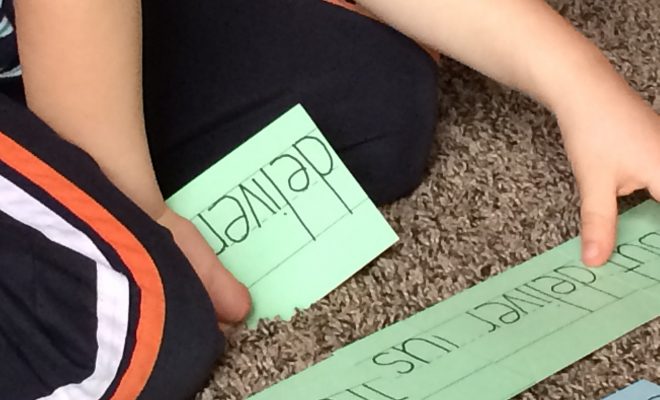Pass or Fail: Who are the Students at Risk for Retention?

In this multi-part series, I provide a dissection of the phenomenon of retention and social promotion. Also, I describe the many different methods that would improve student instruction in classrooms and eliminate the need for retention and social promotion if combined effectively.
While reading this series, periodically ask yourself this question: Why are educators, parents and the American public complicit in a practice that does demonstrable harm to children and the competitive future of the country?
As an educator, how should potentially “at risk” students be identified? Is there a sector of the student population that should receive more attention based solely on their disadvantages or lack of support?
Fundamentally, both social promotion and retention work on the principle that typical children should master certain material according to an age-grade classroom structure. In other words, both policies assume there is such a thing as a typical child, and that most children are typical.
They also assume there is a ready way to gauge how typical children develop. While this last contention is fairly reasonable and is foundational to a whole range of developmental research, the merits of the other two are debatable. Are they reasonable enough to be a foundation for education? For an entire institution of public education?
We can at least agree that the emphasis on what is “typical” is an obvious limitation of both policies. Is it logical to base an education policy on this notion? At best, there is an applicable range for developmental trends and abilities. Those trends and ranges serve to help parents, educators, and even health practitioners garner a basic idea of how a child should be developing. But there is always a scale, and there’s seldom the expectation that every child will meet the same developmental criteria at the same time. That is, in any area except education.
Retention often takes place in earlier grades, with most retention occurring in grades K–3. The vast majority of these retentions take place in kindergarten or first grade, which is consistent with the focus of state-level retention policies. Children with certain background characteristics are at a higher risk for retention, inevitably creating a public policy issue for the public education system.
Perhaps most strikingly, we see that children from low socioeconomic backgrounds and children of color are more likely to be at risk for retention. Research shows that boys are more likely to find themselves retained than girls. Children with attention issues, behavior issues, or delayed development are also more at risk for retention, as are students whose families tend to be more mobile. Children from single parent homes, or homes where parents have low educational attainment, are also at higher risk for retention.
Children who are young for their grade level and children are who are small for their age seem to have a higher risk of retention, although the evidence for this is inconsistent. The increasing population of English Language Learners constitutes yet another group of children at risk for failure. For children with multiple at-risk characteristics, the incidence of retention increases.
Because of the varying strategies for addressing learning issues by state, students are also at a relatively higher risk for retention in certain states. Those states employing more regular and rigorous assessments by age tend to create a greater risk for retention for students. These assessments are interventions in their ways, though, further clouding the actual benefits or disadvantages inherent to retention.
Given that retention is so often based on testing, there are inevitable risks based on whether students are good exam takers. Some exceptional students just do not perform well under exam conditions. In addition to this, we see some disparity in terms of subject testing, since there are different assessment types and methodologies depending on the knowledge area or skills under examination. Subjectivity comes into play to some degree, with written assessments and even non-test-based assessments, for which retention policies rarely make allowance.
In the states that administer high school exit exams, there are pass rates between 70-90 percent. For states that report disaggregated data, a substantial gap exists between pass rates for white students and students of color. For example, there are gaps ranging from 13-36 percentage points between white and African American students on mathematics tests, and 8-19 percentage points on tests of English Language Arts.
The differences between white and Hispanic students range between 2-23 percentage points, and 9-19 percentage points, respectively, for mathematics and English Language Arts. High school exit exams leave no time for improvement, however. Poor performance on state high school exit exams often leave students discouraged, and many end up dropping out of school rather than opting to retake the exam. The obvious problem being that students may be permanently set back as a result of a single test or because of a single area of struggle.
How do you feel educators can impact at risk students best? Should different instructional methods be utilized for various at risk student groups? Further, how does one determine which instruction techniques will be best suited for the particular group of students needing intervention?




